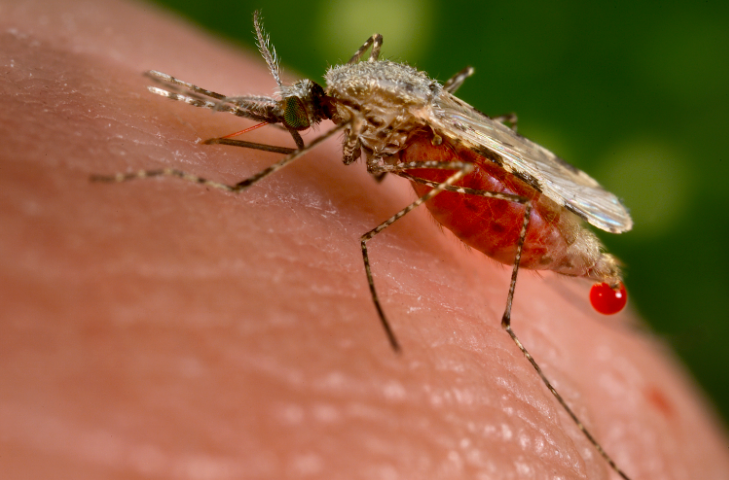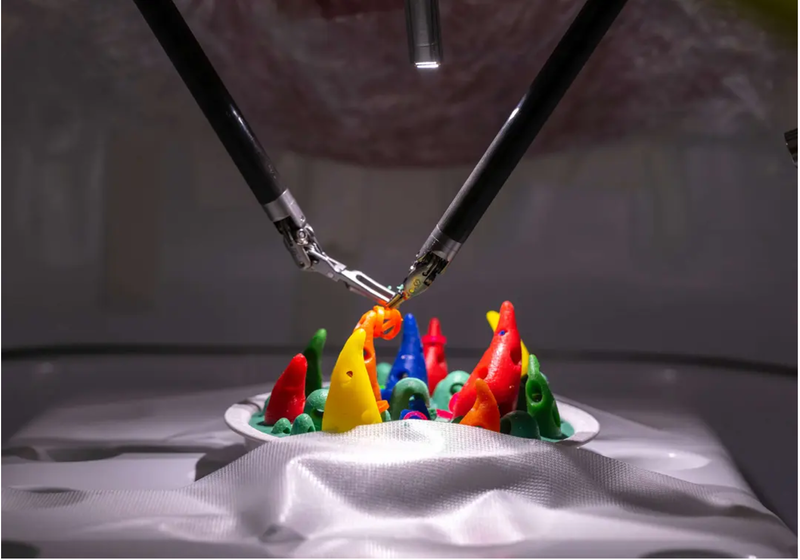Study: Bacteria Could Stop Malaria Transmission
Scientists with GSK Pharmaceutical have reportedly discovered a naturally occurring bacteria that prevents mosquitos from developing the malaria parasite, with research suggesting it could reduce mosquito's malaria load by 73%.

Facts
- Scientists with GSK Pharmaceutical have reportedly discovered a naturally occurring bacteria that prevents mosquitos from developing the malaria parasite, with research suggesting it could reduce mosquito's malaria load by 73%.1
- The TC1 strain of Delftia tsuruhatensis, when introduced to mosquito colonies in a controlled environment, did not harm the mosquitos. It did, however, produce a neurotoxin known as harmane, which inhibited parasite development.2
- GSK researchers had discovered the anti-parasitic properties of TC1 by accident, after noticing that they were unable to infect some laboratory mosquitos with malaria. The culprit was TC1, a microbe present in the gut of the mosquitos.3
- In collaboration with John Hopkins University, GSK is exploring the practical applications of the discovery. Further research has found that mosquitos can ingest harmane orally, preventing malaria development, with experiments continuing in Burkina Faso.4
- Hailed by GSK as an "entirely novel" method, the mosquitos tested do not transmit TC1 to humans they bite. Mathematical modeling from Imperial College London suggests that the use of TC1 over three years would reduce clinical cases of malaria by 15%.2
- Malaria causes 620K deaths globally, as humanity struggles to effectively fight the disease medically. Vaccines are in the early stages of roll-out in Africa, and mosquitos are growing more resistant to chemical treatments.1
Sources: 1BBC News, 2FT, 3WION, and 4GEO.
Narratives
- Narrative A, as provided by LBC. The news regarding malaria-destroying microbes is stunning, as the world has a chance to finally defeat one of the world's oldest killers. By circumventing lengthy clinical trials for medical interventions and the bioethical minefield of mosquito gene editing, this method could eliminate malaria without interfering with ecosystems. We should monitor these developments with excitement.
- Narrative B, as provided by VOA. While this is a promising development, it could be all for naught if the world doesn't grapple with the climate crisis. There's good evidence to suggest that climate is directly linked with malaria incidence, and a warming planet could lead to an explosion of cases. We need to prepare for the malaria onslaught before it's too late.






